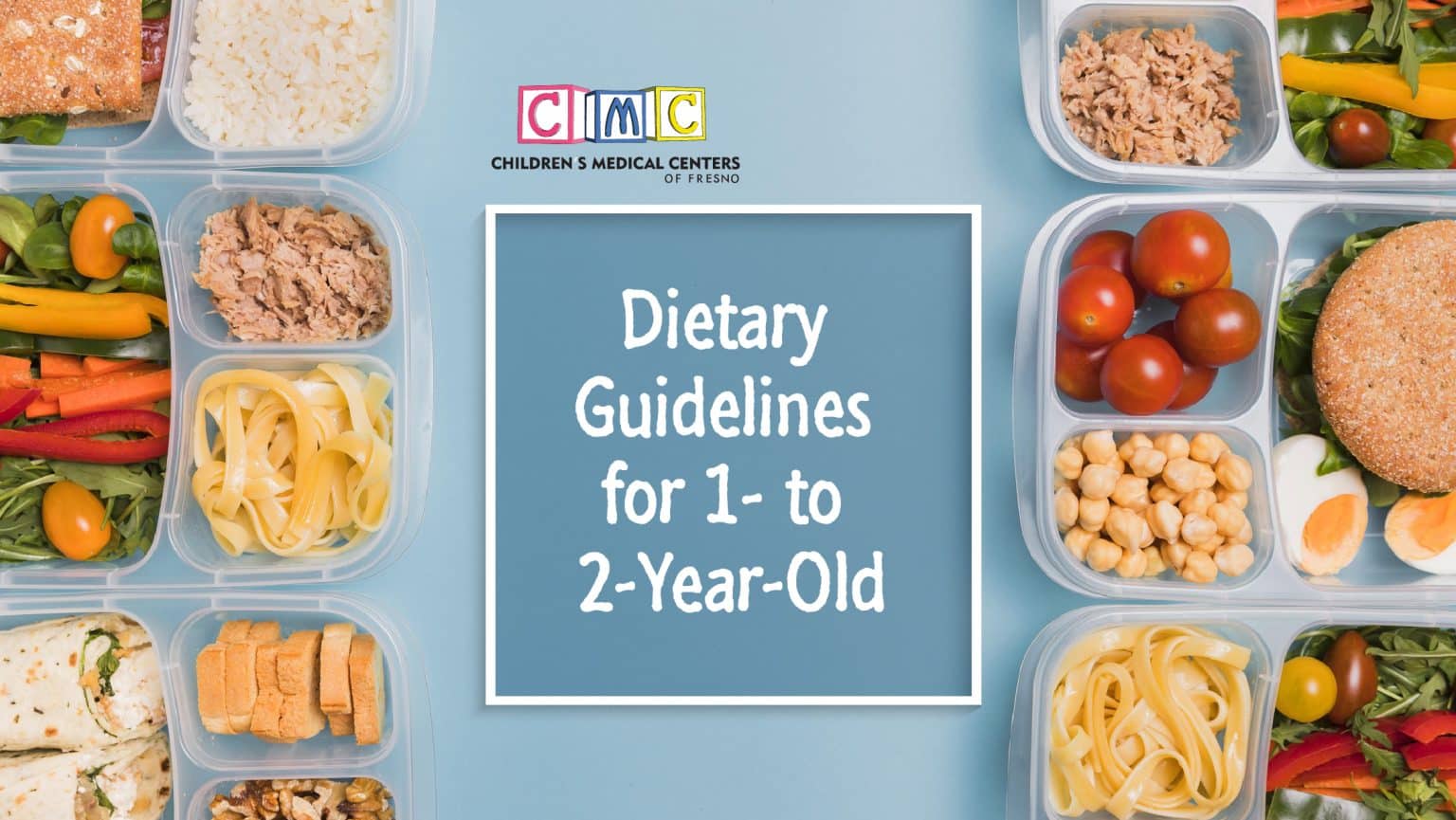Overview
During your child’s toddler years, growth eventually slows down but nutrition is still a top priority. When your baby was still an infant, breast milk can give them all the nutrients they need for growth and development. But when it’s toddler time, be ready to start feeding a variety of foods.
What to Feed Your Child
What your child eats and how much they need to eat depends on your child’s age, size, and activity level. Here are some things to remember when feeding your a baby aged 1 to 2 years old:
- Give your child lots of water. It helps flush out waste products, aids in digestion, and helps maintain a healthy metabolism.
- Be sure they have a portion of animal foods such as eggs, meat, fish, and poultry each day.
- Don’t forget to serve them milk. In general, children from 1 to 2 years old should drink whole milk to help provide the dietary fats they need for normal growth and brain development.
- Give them legumes like chickpeas, lentils, peas, or nuts.
- You can also give your child a slice of bread, cooked rice, pasta, noodles, and a cup of wheat cereal flakes.
- Offer fruits such as apple, banana, pear, plums, or kiwi fruits.
- Ensure they eat vegetables such as potato, sweet corn, broccoli, spinach, carrots, or pumpkin.
- Add a little oil or fat to their food for energy. You can serve unsaturated fat per day in cooking, baking, or dressings. Including olive, canola, and rice bran oil or margarine can also be beneficial to your child’s health.
Mealtime Tips
Mealtime can be a fun time as it can be an opportunity for you and your child to bond. You can also use this time to create healthy mealtime patterns that will help promote healthy eating habits in the future. These are some mealtime tips that you can practice when feeding your child:
- Wash your child’s hands before eating and don’t forget to sit your child in a safe place.
- Involve your child in preparing their food and teach them to make healthy choices.
- Try to control when your toddler’s food is eaten by keeping regular daily meal times.
- Make sure they are hungry at mealtimes and they did not just have a snack.
- Let your toddler use a spoon and cup when eating. However, they may also opt to use their fingers when they are not yet comfortable with using a spoon.
- Make sure to give your child healthy food options at each meal.
- During mealtime, avoid letting TV, videos, cell phones, or pets distract your child from eating.
- Give your toddler encouragement to eat during meal times and give them positive attention when they eat.
The Wrap Up
Your child needs proper nutrients to grow healthy and strong. By giving them the right food and practicing healthy eating habits, you are ensuring they get all the essential vitamins, minerals, and other nutrients that children need for healthy growth and development.
Always talk with your toddler’s healthcare provider regarding their healthy diet and other nutritional needs. Children’s Medical Centers of Fresno provides quality healthcare to children of the Central Valley. Schedule your child’s appointment today!
